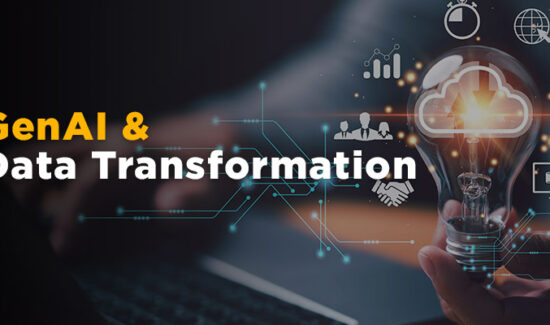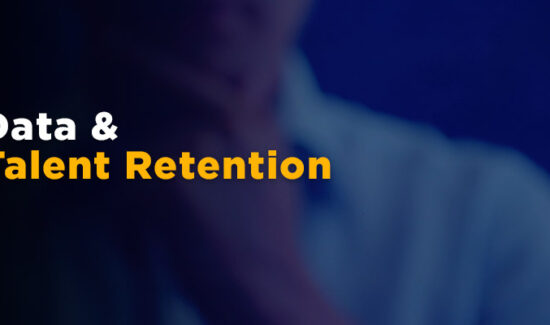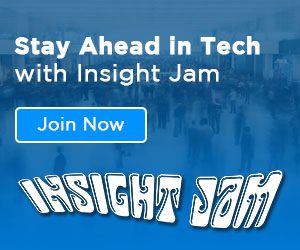The Best DataCamp Courses for Data Engineering & Big Data 2023


A directory of the best DataCamp training courses for data engineering, compiled by the editors at Solutions Review.
 Data engineering is the process of designing and building pipelines that transport and transform data into a usable state for data workers to utilize. Data pipelines commonly take data from many disparate sources and collect them into data warehouses that represent the data as a single source. To do so, data engineers must manipulate and analyze data from each system as a pre-processing step.
Data engineering is the process of designing and building pipelines that transport and transform data into a usable state for data workers to utilize. Data pipelines commonly take data from many disparate sources and collect them into data warehouses that represent the data as a single source. To do so, data engineers must manipulate and analyze data from each system as a pre-processing step.
With this in mind, the editors at Solutions Review have compiled this list of the best DataCamp courses for data engineering and big data. DataCamp’s mission is to “democratize data skill for everyone” by offering more than 350 different data science and analytics courses and 12 distinct career tracks. More than 2,000 companies, 3,000 organizations, and 8 million users from 180 countries have used DataCamp since its founding. DataCamp’s entire course catalog is interactive which makes it perfect for learning at your own pace.
The Best DataCamp Courses for Data Engineering and Big Data
TITLE: Streaming Data with AWS Kinesis and Lambda
OUR TAKE: By the end of this training you’ll know how to create live ElasticSearch dashboards with AWS QuickSight and CloudWatch. The module features four different chapters, 22 videos, and 56 exercises.
Description: In this course, you’ll learn how to leverage powerful technologies by helping a fictional data engineer named Cody. Using Amazon Kinesis and Firehose, you’ll learn how to ingest data from millions of sources before using Kinesis Analytics to analyze data as it moves through the stream. You’ll also spin up serverless functions in AWS Lambda that will conditionally trigger actions based on the data received.
GO TO TRAININGTITLE: Data Engineering for Everyone
OUR TAKE: DataCamp’s data engineering training takes 2 hours to complete and consists of 11 videos and 32 unique exercises. By the end of the module, you will uncover how data engineers lay the groundwork for data science.
Description: In this course, you’ll learn about a data engineer’s core responsibilities, how they differ from data scientists and facilitate the flow of data through an organization. Through hands-on exercises you’ll follow Spotflix, a fictional music streaming company, to understand how their data engineers collect, clean, and catalog their data.
More “Top-Rated” DataCamp paths: Building Data Engineering Pipelines in Python, Introduction to Data Engineering
GO TO TRAININGTITLE: Feature Engineering with PySpark
OUR TAKE: This course details data wrangling and feature engineering through 4 hours of interactive video including 16 videos and 60 unique exercises. Nearly 9,000 DataCamp users have taken this training.
Description: The real world is messy and your job is to make sense of it. Toy datasets like MTCars and Iris are the result of careful curation and cleaning, even so, the data needs to be transformed for it to be useful for powerful machine learning algorithms to extract meaning, forecast, classify, or cluster. This course will cover the gritty details that data scientists are spending 70-80% of their time on; data wrangling and feature engineering.
GO TO TRAININGTITLE: Big Data Fundamentals with PySpark
OUR TAKE: The DataCamp Big Data Fundamentals training will teach you the basics of working with big data and PySpark. It features 4 hours of training, 16 videos, and 55 separate exercises.
Description: This course covers the fundamentals of Big Data via PySpark. Spark is a “lightning-fast cluster computing” framework for Big Data. It provides a general data processing platform engine and lets you run programs up to 100x faster in memory, or 10x faster on disk than Hadoop. You’ll use PySpark, a Python package for spark programming and its powerful, higher-level libraries such as SparkSQL, MLlib (for machine learning), etc., to interact with works of William Shakespeare, analyze Fifa football 2018 data, and perform clustering of genomic datasets.
GO TO TRAININGSolutions Review participates in affiliate programs. We may make a small commission from products purchased through this resource.
























